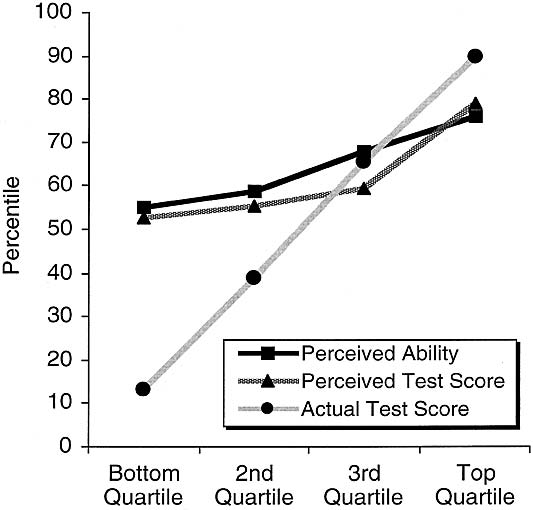Evo-psych has quite a bad reputation, as it has produced a lot of just-so stories with little in the way of falsifiability. Well that might be true, but so what? Evolutionary psychology might not be amenable to the bureaucratic scientific procedures set by modern academia, but that doesn't mean it has no value. It has produced a lot of very reasonable theories on phenomena that modern science has no clue about and mostly refuses to study. I don't know how many times I've explained to people around me the theory that women like shopping because they were in charge of fruit gathering in the ancestral environment, and a shopping mall unconsciously reminds them of a lush forest full of fruit, which back then must have been an orgasmic experience. Same with men being good at directions (gotta find your way around when hunting), and women being good at remembering where stuff is around the house. Compared to the common narrative these days, that every talent that follows a population pattern is the work of (evil) social conditioning, evo-psych makes for way better stories.
And I'd like to share a just-so evo-pysho story I just came up with. Watching Game of Thrones the other day, there is this tension filled clip:
http://www.youtube.com/watch?v=p5a\_7BCqejE
The downtrodden defenseless man, asking for help, but not knowing if the strangers would be willing to. If they had been enemies, he would have died a painful death. That must've been scary.
It sort of reminded me of the very common occurence of going out and asking for directions. It is a common known fact that while men are better at finding their way than women, men often refuse to ask for directions, which women just can't understand. That's another real phenomenon of human psychology that modern science knows nothing about. There are of course many explanations, most of it being women accusing men of being something bad (pride issues, etc.), or men rationalizing their choice of not asking the way when you're obviously lost.
Let's be honest though, refusing to ask for directions is an unproductive and very irrational course of action. In 90% of cases, if there's a woman in the car, she'll nag the man until he finally comes up with courage to ask for directions, which leads to a safe solution to the problem. So why not ask for directions in the first place? Which the reluctance? I do so myself, as does my father, and it always bugged me, but I just can't do it.
Then it struck me that in the ancestral environment, asking a stranger for directions was probably not a very intelligent thing to do. Mostly because 'strangers' were almost by definition enemies, and the mere act of asking directions is a public declaration of outgroupness. 9 times out of 10 in the old days, that would get you apprehended and killed. So it's no wonder men have evolved an instinct towards refusing to admit to strangers that you are a stranger in the place.
This is of course the same as the old biblical story of the Shibboleth, where people were made to speak so the tribe would know if they shared the same accent. Those who didn't were killed on the spot. So allow me to introduce the concept of "Shibboleth threat". If Stereotype threat has made the carreer for many thousands of liberal scholars, I can do that too.
Shibboleth threat can also explain the fact that women are less shy about speaking in foreign languages while they are still learning, while men are less outspoken and reluctant to practice until they've reached a higher level. The Gileadites probably didn't care about the Ephraimite women not being able to pronounce Shibboleth. But for men failure meant death by the sword.
In humanity's ancestral environment, and until quite recently really, the difference between ingroup and outgroup was absolute, and the mere sight of the outgroup often resulted in conflict, warfare and death, overwhelmingly of men. So a deep fear of the outrgroup is a sound evolutionary strategy. Being careful about displaying one's outgroup status is a good instinct to have.
So thank God for navigation systems.










